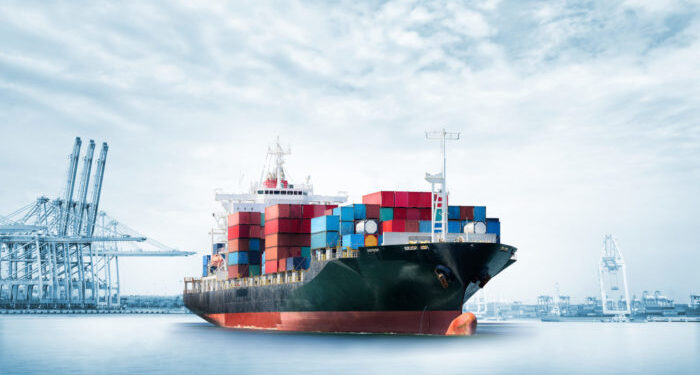Current Direct, a new research and innovation project funded by the European Commission’s Horizon 2020 program, aims revolutionize the way of water transport by enabling rapid adoption of marine battery systems, cutting costs and reducing GHG emissions.
To address the issue of dirty, noisy diesel engines in European waters, the project seeks to promote adoption of marine batteries by cutting the cost of today’s marine battery electric drivetrains in half and relieve ship owners of the burden of capital expense. This could result to a reduction of greenhouse emissions by 482.000 MT of CO2 equivalents per year.
Current Direct’s innovative Energy as a Service platform will enable ship owners to accelerate their participation in the shift to clean energy while creating new business opportunities for shipyards and local entrepreneurs, creating a new energy economy and adding thousands of new jobs.
As such, the project provides a vehicle for energy companies, institutional investors, and government stakeholders to participate in the green transformation of Europe’s merchant and passenger fleet.
Current Direct brings together thirteen dynamic partners from across Europe’s marine electrification value chain. The project is led by battery maker Spear Power Systems.
Blackstone Technology is lowering the cost of manufacturing tomorrow’s 3D printed lithium-ion cells using active materials from Umicore.
On its part, the University of Hasselt will use its electrochemical expertise to develop physics-based models of the Current Direct cells that will help optimize the life and return on investment of battery systems deployed across Europe as part of the Current Direct Energy as a Service platform developed by the accomplished engineers and data scientists at Greek Rhoé Urban Technologies and Austria-based start-up Aviloo.
Meanwhile, naval architecture and marine engineering company Foreship will lend its expertise to EDP CNET’s in depth knowledge of electrical markets to ensure the Current Direct platform targets optimal vessels and locations maximizing reductions in emissions.
VUB’s material science experts are creating low-cost composites to improve the safety of battery packs that are designed for recyclability and feature VITO’s smart cell monitoring electronics.
Finnish technology group Wärtsilä will develop modular battery containers and charging infrastructure that will be certified to innovative standards by Lloyd’s Register.
The project will culminate in a demonstration of the Current Direct battery, shore charging, and asset management platform by Kotug in Rotterdam.




























































